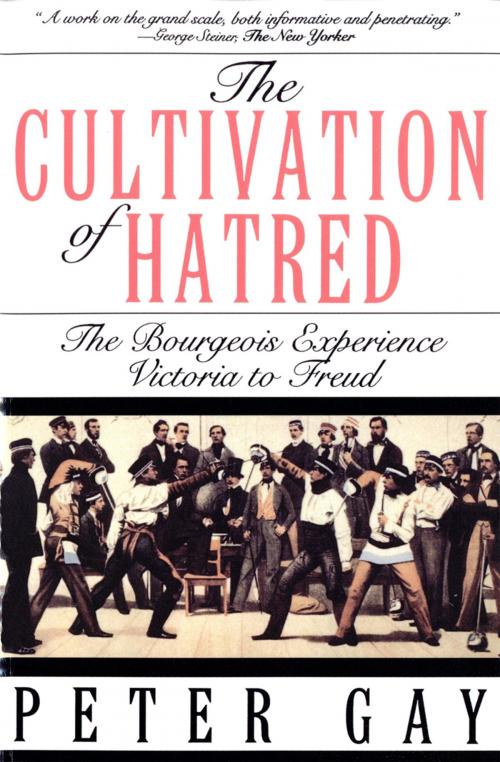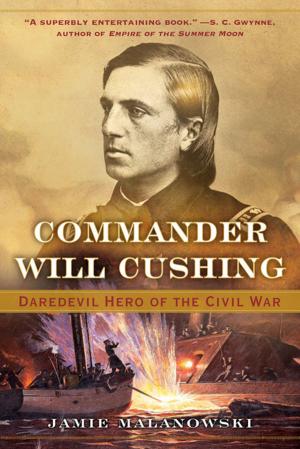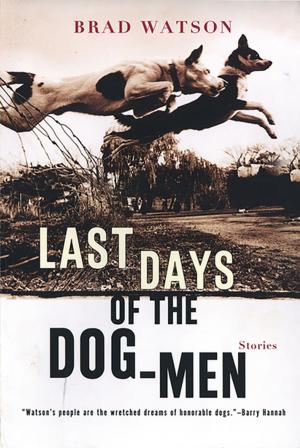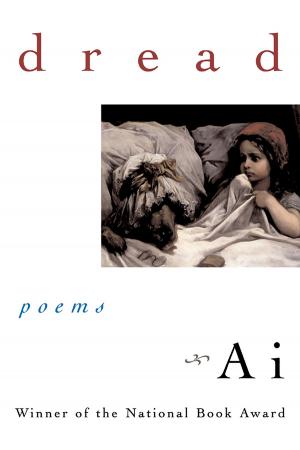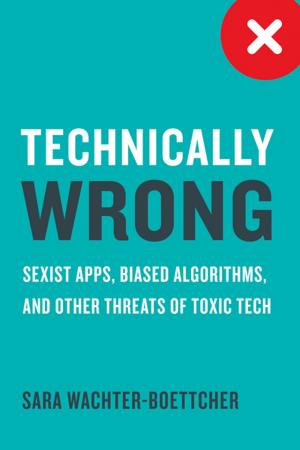The Cultivation of Hatred: The Bourgeois Experience: Victoria to Freud (The Bourgeois Experience: Victoria to Freud)
Nonfiction, History, British| Author: | Peter Gay | ISBN: | 9780393243451 |
| Publisher: | W. W. Norton & Company | Publication: | September 17, 1993 |
| Imprint: | W. W. Norton & Company | Language: | English |
| Author: | Peter Gay |
| ISBN: | 9780393243451 |
| Publisher: | W. W. Norton & Company |
| Publication: | September 17, 1993 |
| Imprint: | W. W. Norton & Company |
| Language: | English |
With the same sweep, authority, and originality that marked his best-selling Freud: A Life for Our Time, Peter Gay here takes us on a remarkable journey through middle-class Victorian culture.
Gay's search through middle-class Victorian culture, illuminated by lively portraits of such daunting figures as Bismarck, Darwin and his acolytes, George Eliot, and the great satirists Daumier and Wilhelm Busch, covers a vast terrain: the relations between men and women, wit, demagoguery, and much more. We discover the multiple ways in which the nineteenth century at once restrained aggressive behavior and licensed it.
Aggression split the social universe into insiders and outsiders. "By gathering up communities of insiders," Professor Gay writes, the Victorians "discovered--only too often invented--a world of strangers beyond the pale, of individuals and classes, races and nations it was perfectly proper to debate, patronize, ridicule, bully, exploit, or exterminate." The aggressions so channeled or bottled could not be contained forever. Ultimately, they exploded in the First World War.
With the same sweep, authority, and originality that marked his best-selling Freud: A Life for Our Time, Peter Gay here takes us on a remarkable journey through middle-class Victorian culture.
Gay's search through middle-class Victorian culture, illuminated by lively portraits of such daunting figures as Bismarck, Darwin and his acolytes, George Eliot, and the great satirists Daumier and Wilhelm Busch, covers a vast terrain: the relations between men and women, wit, demagoguery, and much more. We discover the multiple ways in which the nineteenth century at once restrained aggressive behavior and licensed it.
Aggression split the social universe into insiders and outsiders. "By gathering up communities of insiders," Professor Gay writes, the Victorians "discovered--only too often invented--a world of strangers beyond the pale, of individuals and classes, races and nations it was perfectly proper to debate, patronize, ridicule, bully, exploit, or exterminate." The aggressions so channeled or bottled could not be contained forever. Ultimately, they exploded in the First World War.
